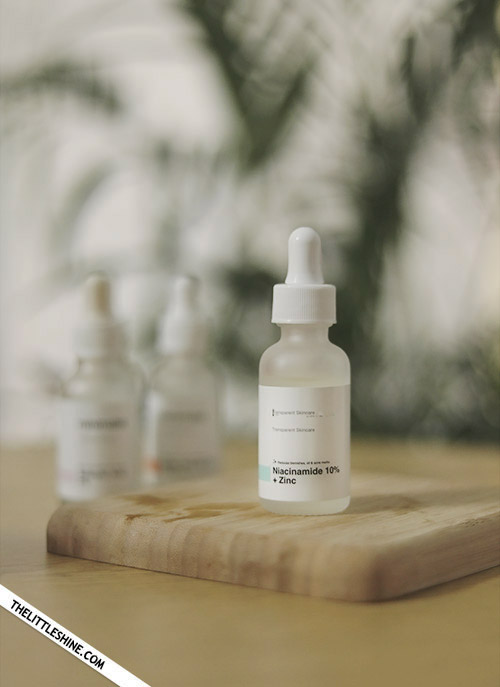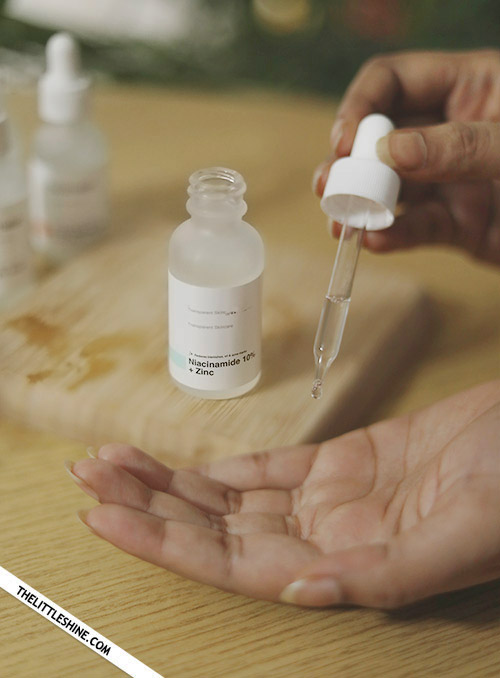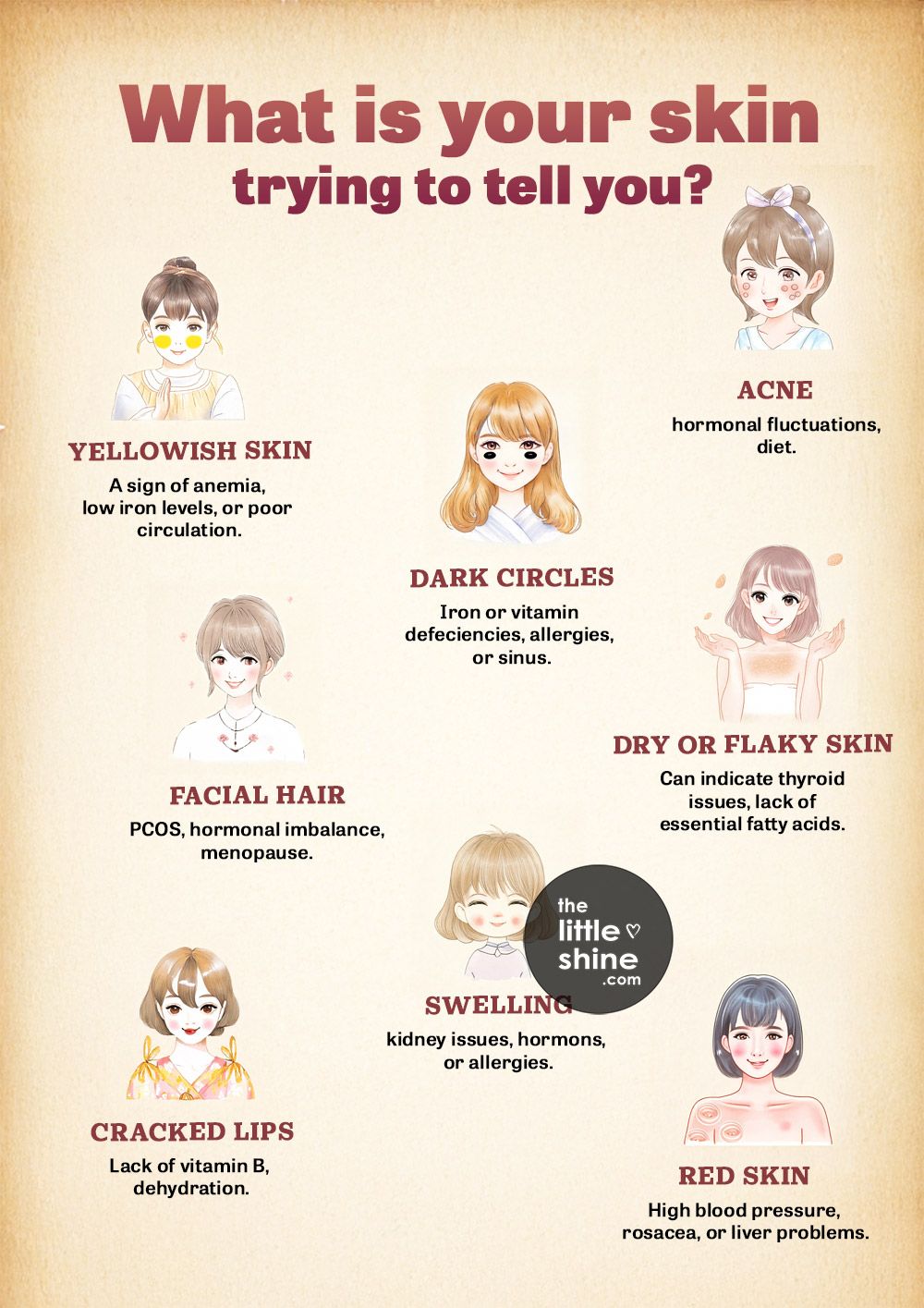Niacinamide a miracle ingredient for Clear and Glowing Skin
Commonly known as Vitamin B3 or niacin (for food products and supplements) and also known as Nicotinamide or Niacinamide (for skin care products) is water-soluble (vitamins carried to the tissues of the body, but cannot be stored as they get excreted from the body in the form of urine) form of vitamin B3 or niacin and an active skin care ingredient. It is found in foods like peanuts/groundnuts, avocados, brown rice, mushrooms, green peas, tuna, salmon, lamb meat, liver, tahini, turkey, sardines, beetroot, chicken etc. Lack of vitamin b# can increase the risk of getting skin disorders. Those who have a deficiency of vitamin B3 can consume vitamin B3 supplements, after medical recommendation.

Niacinamide is water-soluble by nature and cannot be dissolved in oil. It can often be found in topical water-based serums, moisturizers and masks. It is not acidic and non-irritating and can work well on all skin types. It can easily be absorbed by the outer layer of the skin.
Niacinamide Benefits
1. Improve skin barrier function: It keeps the skin barrier (the stratum corneum or outermost layer of the skin) nourished and moisturized. The skin barrier produces fatty acids, ceramides, lipids and key proteins required to maintain healthy and glowing skin. This makes up the acid mantle (the very fine acidic film on the surface of the human skin) which protects the skin from bacteria and ultra-violet (UV) rays. Niacinamide helps to reduce the evaporation of water from the skin and increases moisture in our skin barrier.
2. Decrease skin pigmentation: It can lighten or reduce skin pigmentationby the disruption of the major enzyme producing melanin (a natural skin pigment of the hair, skin and iris of the eye, found in human beings and animals which is responsible for the tanning of the skin exposed to sunlight). It helps even out your skin tone.
3. Reduce fine lines and wrinkles: It helps to improve dryness and is like an anti-ageing agent. Niacinamide helps keep the skin cells hydrated in turn preventing fine lines and wrinkles.
4. Helpful for acne: For those with oily skin, niacinamide is very helpful. It can help remove the marks because of acne and also control mild to moderate acne because it has anti-inflammatory and antimicrobial properties. It can help treat acne by reducing the amount of sebum secreted by the pores.
5. Decreases redness and blotchiness: Some people suffer from rosacea and redness. Rosacea is a skin condition where the skin appears red and flushed. It can help alleviate this redness and improves the skin barrier. READ MORE – Vitamin C – a magic wand for clear, bright, and flawless skin
6. General benefits for skin:
- Improves skin elasticity.
- Helps fight free radicals.
- Helps build keratin, a type of protein essential for skin health and firmness.
- Acts as an antioxidant which can help protect the skin from environmental damage like pollution and toxins.
- Protects the skin from sun damage.
- Minimizes the size of the pores and bumpy skin texture.
- Works well with other ingredients.

How to use niacinamide in your skincare routine?
It is important to know the pH (a measure of how acidic/basic water is) level of your skin. (Acidic meaning having a pH level below 7 and Base meaning having a pH level above 7). Normal skin pH levels range from 5.0 to 5.5. So using a product with pH level between 4.5 to 7 is advisable, as it is closer to the skin’s natural levels.
You can ‘The Ordinary Niacinamide 10% + Zinc 1%’ Serum or any Niacinamide product of your choice. You can wash your face with a milk cleanser and then use your toner (or you can also skip this stage, if you do not have toner). Then use 2 to 3 drops for your entire face by rubbing your hands together and dabbing it on your face. Finish it off by applying a little cream or moisturizer on your face. READ MORE – BEST ESSENTIAL OILS to stop hair fall and regrow hair
Here’s a tip and a word of caution while using niacinamide: You can also use niacinamide with other active ingredients for optimal results, but it is not advisable to use it with vitamin C as both are antioxidizing agents.

